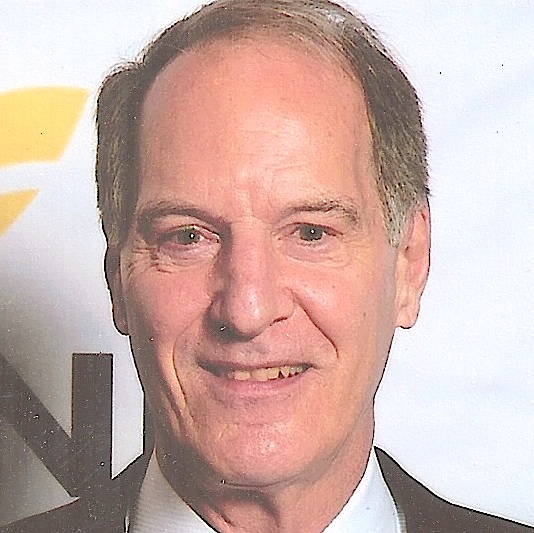
.jpeg)
San Pedro Sula is today the most dangerous city on earth. With a population of 720,000 people, it had 7,172 murders in 2012. Given the sad state of our world, this is an extraordinary negative achievement. It is also one that Virgin Islanders, especially those in authority, might wish to step back and think about.
When you talk to Hondurans and ask them if they could ever have imagined this outcome 20 or 30 years ago, the answer is universal “no.” Honduras was surrounded by countries being torn apart by civil war: Guatemala, El Salvador and Nicaragua. It remained mired in poverty, but peaceful.
Twenty years ago, kids went to school and then went out to play after school. People went out at night and socialized in their neighborhoods. People sought to come to the United States, but it was to seek opportunity rather than flee violence.
Somewhere in the last two decades, there was a tipping point, the point at which civil society lost control and the forces of greed, evil and violence were in the driver’s seat. There had always been crime, weak policing and public corruption in Honduras. These negative qualities produced a climate of indifference and pessimism.
But the combination of returning criminal deportees from the United States and the ongoing search for new illegal drug routes combined with the country’s inherent weaknesses to push it close to the category of “failed state.” Those forces of greed, evil and violence had no intention of returning to a past where they were not in control.
Honduran children are not allowed outside to play anymore. There is little socializing after dark in cities. The police fear going into many neighborhoods. And, as the world leading murder rate demonstrates, no one, except for the ultra-protected super rich and criminals, is safe. Murder and mayhem are now a normal part of life, a part that no one could have imagined 20 years ago.
As Tolstoy said, “There are no conditions to which a person cannot become accustomed, especially if they see everyone around them living in the same way.” In a very sad sense, Hondurans have become accustomed to not going out, to children not being able to play, to paying protection to criminal gangs for all kinds of everyday business, and to seeing friends and relatives maimed and killed.
Leaving the country is no longer a quest for opportunity. It is seen as a matter of survival.
Some Virgin Islanders might say, “What a ridiculous comparison.” They should look at how life has changed in the territory in recent years. The fear-driven shriveling of night life, the insecurity and fear reported regularly by children, the emergence of informal “no-go” zones where the police don’t patrol, and the regularity of murders, nonlethal shootings and related violence. Could anyone have imagined these conditions 30 years ago?
Tipping points are interesting because we don’t really know, except looking back after it is too late, when they occur. It is like the unfortunate reality that they don’t ring a bell when the stock market is at its peak and preparing to go down. Or when it is too late to take the latest climate change warning seriously.
Virgin Islands leaders know that they face a serious problem. More than 100 of them met for two days this past winter to map a path to a peaceful community and to achieve dramatic reductions in violence. But, as in most things, the devil is in the details and the great challenge is execution. These planning sessions were a hook, a positive reaction to the drip, drip, drip growth in violence that has so harmed the quality of life in the territory.
A hook and an opportunity. An opportunity that may not come around again for quite some time. Like Honduras, the Virgin Islands is hampered by an undercurrent of pessimism and passivity. There is now a plan that incorporates proven anti-violence policing strategies, services and community involvement. But it is just that, a plan. Without successful implementation, it may as well not exist.
The easy part is over. If enough people believe in this plan and commit to action, we know, based on experience, that it will produce significant results. If, however, there is a belief that it is hopeless, that nothing changes here or that posturing and symbolic gestures are as good as planned action, the future looks bleak indeed.
Honduras and San Pedro Sula never had such a plan. It would be a tragedy of major proportions to look back from a crime- and fear-ridden, depopulated, economically crippled Virgin Islands in 2034 and ask: “Why didn’t they do something with this plan?”
Frank, an excellent op-ed. Hopefully someone is listening. Hopefully something will get done.
–
(Having said that, I should like to point out that the violence of which you speak is real but the “climate change” – used to be – “global warming” is just one big fraud. I’m sure you can research that for yourself and realize the truth – it’s everywhere.)